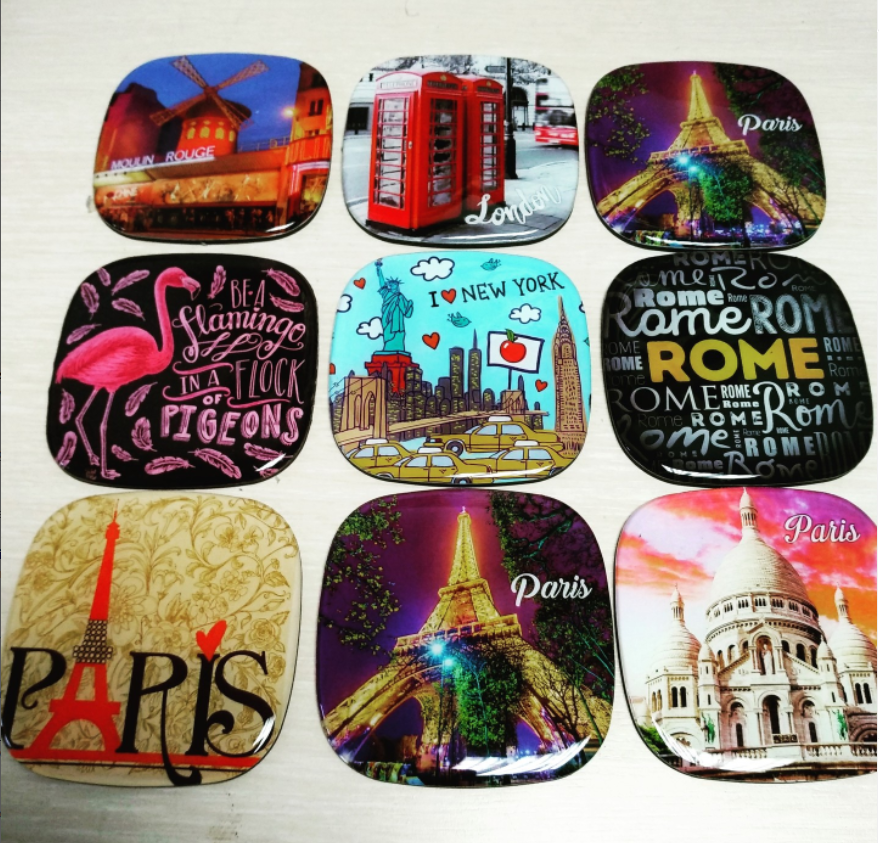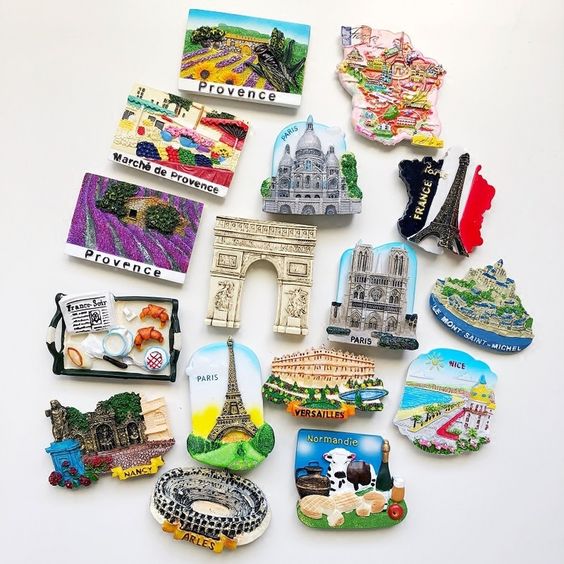Artificial Intelligence (AI) is revolutionizing various industries, and the souvenir sector is no exception. By integrating AI into customization processes, souvenir manufacturers can offer highly personalized products, enhance operational efficiency, and improve overall customer satisfaction. This comprehensive guide explores the multifaceted applications of AI in souvenir customization, providing valuable insights for manufacturers aiming to leverage this technology.
Table of Contents
- Introduction to AI in Souvenir Customization
- AI-Driven Personalization: Crafting Unique Customer Experiences
- Predictive Analytics: Anticipating Trends and Customer Preferences
- Streamlining Production: AI in Manufacturing and Quality Control
- Case Studies: Successful AI Implementations in the Souvenir Industry
- Challenges and Considerations in Adopting AI
- Future Outlook: AI’s Evolving Role in Souvenir Customization
- Conclusion
1. Introduction to AI in Souvenir Customization

The souvenir industry thrives on offering products that encapsulate memories and experiences. With the advent of AI, manufacturers can now provide unprecedented levels of personalization, aligning products closely with individual customer preferences. This shift not only enhances the appeal of souvenirs but also positions brands competitively in a crowded market.
2. AI-Driven Personalization: Crafting Unique Customer Experiences
Personalization stands at the forefront of modern consumer demands. AI facilitates this by analyzing vast datasets to discern patterns in customer behavior and preferences. For instance, AI algorithms can process information from previous purchases, online interactions, and social media activity to recommend or design souvenirs that resonate personally with customers. This level of customization fosters a deeper emotional connection between the consumer and the product, enhancing brand loyalty.
Key Benefits:
- Enhanced Customer Engagement: Personalized products are more likely to capture customer interest and lead to increased sales.
- Brand Differentiation: Offering unique, customized souvenirs sets a brand apart from competitors who provide generic products.
- Increased Perceived Value: Customers often perceive personalized items as more valuable, allowing for potential premium pricing.
3. Predictive Analytics: Anticipating Trends and Customer Preferences
Predictive analytics, powered by AI, enables manufacturers to stay ahead of market trends and customer desires. By examining historical data and current market indicators, AI can forecast emerging trends, allowing companies to proactively design and produce souvenirs that align with future consumer interests. This strategic approach minimizes the risk of overproduction and ensures that inventory aligns with market demand.
Implementation Strategies:
- Market Trend Analysis: Utilize AI to monitor and analyze industry trends, social media buzz, and fashion movements to predict popular themes and designs.
- Customer Feedback Integration: Incorporate AI tools to systematically analyze customer reviews and feedback, gaining insights into preferences and areas for improvement.
- Sales Data Examination: Apply predictive models to sales data to identify patterns and forecast future product performance.
4. Streamlining Production: AI in Manufacturing and Quality Control

Integrating AI into manufacturing processes significantly enhances efficiency and product quality. AI-driven systems can monitor production lines in real-time, swiftly identifying and addressing defects. For example, AI-powered visual inspection tools utilize machine learning and computer vision to detect surface defects, incorrect measurements, and assembly mistakes, ensuring that only products meeting quality standards reach consumers.
Advantages:
- Reduced Human Error: AI systems consistently apply quality standards, minimizing the variability associated with manual inspections.
- Cost Efficiency: Early detection of defects reduces waste and rework expenses, leading to significant cost savings.
- Enhanced Production Speed: Real-time monitoring allows for immediate corrective actions, maintaining optimal production flow.
5. Case Studies: Successful AI Implementations in the Souvenir Industry
Several companies have successfully integrated AI into their operations, exemplifying its transformative potential:
- AI-Powered Visual Inspection in Electronics Manufacturing: A leading electronics manufacturer deployed an AI-powered visual inspection system, resulting in a 32% improvement in defect detection rate and a 61% decrease in inspection time.
- Predictive Quality Control in Pharmaceutical Manufacturing: A major pharmaceutical company implemented a predictive quality control system, achieving a 25% reduction in batch rejections and an 18% improvement in overall equipment effectiveness.
6. Challenges and Considerations in Adopting AI
While AI offers substantial benefits, its adoption comes with challenges:
- Data Privacy: Ensuring the ethical collection and handling of customer data is paramount to maintain trust and comply with regulations.
- Implementation Costs: The initial investment in AI technology and training can be significant, requiring careful financial planning.
- Integration with Existing Systems: Seamlessly incorporating AI into current manufacturing processes necessitates thorough planning and potential system overhauls.
7. Future Outlook: AI’s Evolving Role in Souvenir Customization

The trajectory of AI in souvenir customization points toward even more sophisticated applications:
- Augmented Reality (AR) Integration: Combining AI with AR could allow customers to visualize customized souvenirs in real-time before making a purchase, enhancing the shopping experience.
- Sustainable Manufacturing: AI can optimize resource utilization, contributing to environmentally friendly production practices.
- Enhanced Supply Chain Management: AI’s predictive capabilities can streamline supply chains, ensuring timely delivery of materials and products.
8. Conclusion
The integration of AI into souvenir customization represents a significant advancement in the industry, offering enhanced personalization, improved production efficiency, and superior product quality. By embracing AI technologies, souvenir manufacturers can meet evolving consumer demands, differentiate themselves in the market, and achieve sustainable growth.
- Resin vs. Ceramic: A Data-Driven B2B Comparison for High-Volume Souvenir Orders - February 4, 2026
- AQL 2.5 vs. 4.0: Defining Acceptable Defect Thresholds for Mass-Produced Tourist Magnets - January 28, 2026
- The Importer’s Guide to Total Landed Cost (TLC): Calculating the Real Price of Resin Souvenirs from Quanzhou - January 21, 2026




